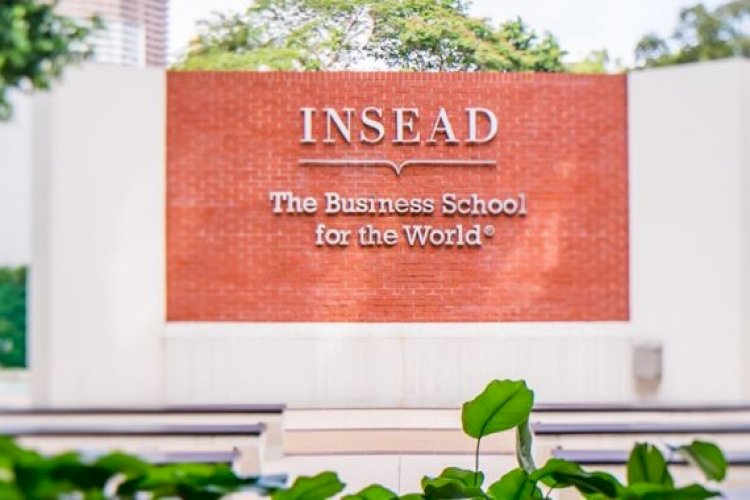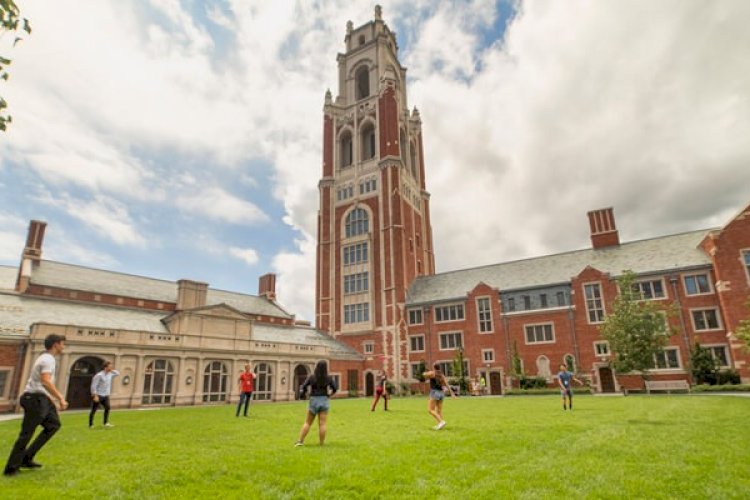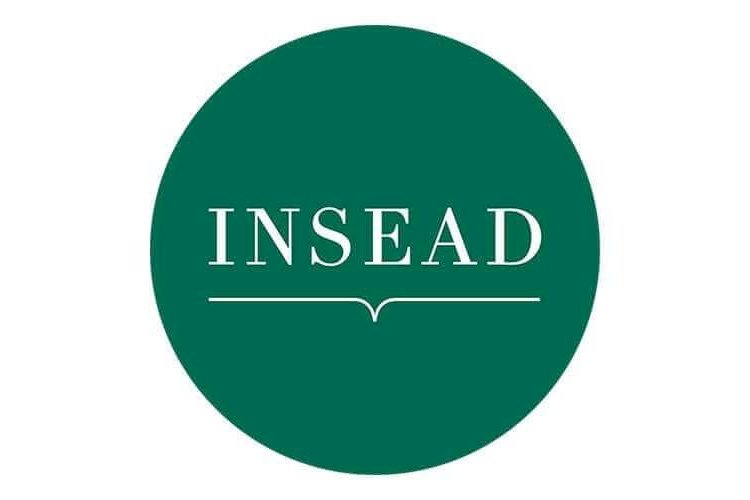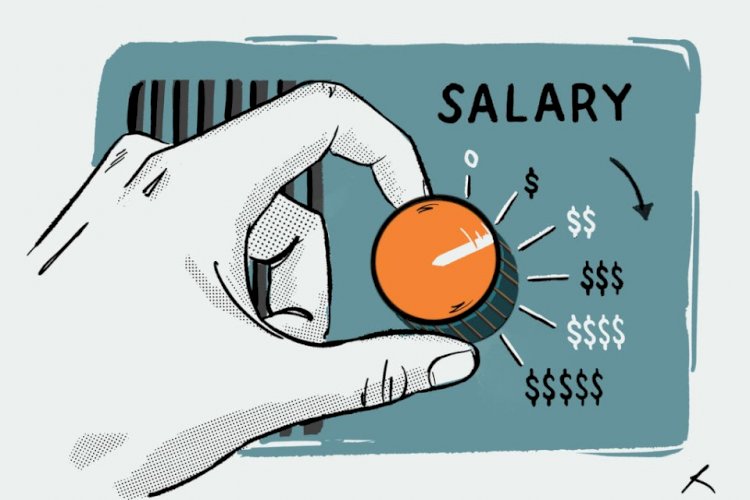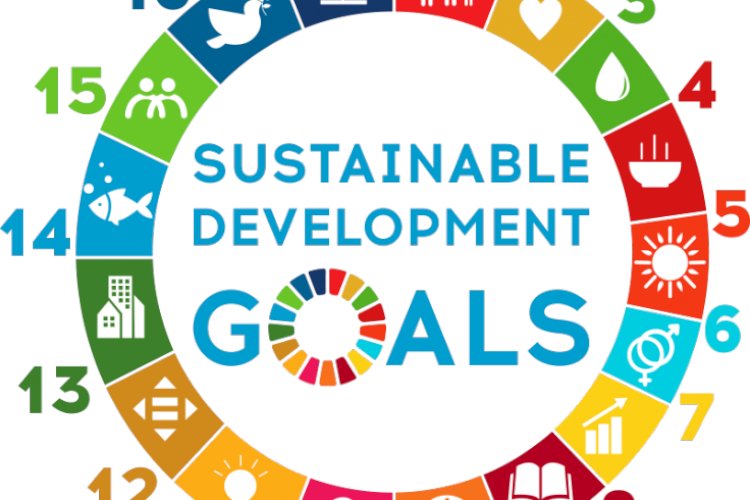
The Financial Times recently released MBA Global Ranking 2022, which came with lots of surprises when we take a closer look at the list and compare it with last year's rankings!
As US business schools are leading the rankings, seven highly regarded American colleges, including Stanford, Harvard, and Wharton, returned after a year away, bringing with them an exceptional number of shocks and surprises. Let's dive into the changes that the FT Global MBA Rankings 2022 have brought up:
-
Wharton's ascension to the top is undoubtedly worth noting as they had been unable to secure a position in the previous year's rankings. But, given that the Wharton Business School has been ranked first by the Financial Times more than any other school, it's hardly surprising. Wharton has received the Financial Times' highest accolade 11 times, about twice as often as Harvard Business School and nearly four times as often as Stanford's Graduate School of Business.
-
Columbia Business School moved from 8th to 2nd place in 2022 after taking a year off, aided by compensation, and Harvard Business School was matched with INSEAD.
-
Stanford GSB entered the competition at #6, down three spots from 2020. Between 2020 and 2022, MIT Sloan dropped from sixth to eleventh place.
-
Northwestern Kellogg rose from 6th to 5th place, while INSEAD dropped two places. At the same time, the top ten are completed by Chicago Booth, London Business School, Yale SOM, and IESE.
The FT mainly relies on alumni surveys as they account for eight of the 20 measured data points, accounting for 61% of the total ranking. The FT uses two previous sets of surveys to dilute the significance of any one year, giving the most recent results 50% weight and the preceding two years 25% apiece.
There are a lot of different aspects in the Financial Times' methodology for its annual global MBA ranking. These range from the most important–average alumni salaries and salary increase from pre-MBA days–to the barely weighted–whether you are required to learn a new language during your business studies.
The data point is overall satisfaction with the MBA program they attended, obtained from the FT's alumni surveys. Because alums are polled three years after graduation, they have had time to think about their experience and how it has influenced their professional performance.
Also read: What are the deal-breakers for candidates looking for a job after an MBA?
 MBA Center Global
MBA Center Global 







